Naira swap crisis: Brands should re-strategise to avoid going down —Uwubanmwen
[ad_1]
President, Advertisers Association of Nigeria (ADVAN), Osamede Uwubanmwen, in this chat with Akin Adewakun, bares his mind on the ongoing Naira crisis, its effects on the nation’s advertising industry, and what brands should be doing at this time to stay afloat.
HOW is this naira crisis affecting the business of advertising?
It is affecting everybody. For me, it is not the policy that is the problem, but the fact that some things should have been put in place before coming up with it. For instance, they should have first ensured that the error rates on online payment platforms, such as internet banking, PoS and others, they want to push people to, are reduced to the barest minimum. It should have been done in such a way that when you push 10million people to those channels the error rate would not be significant. The policy is a financial control technique. They want to do cashless. They want to ensure Nigerians carry fewer cash, and also want to check fraud, which is quite commendable. The reason a lot of frauds abroad are easily tracked is because most of the transactions go through payment platforms that can be tracked. So, it is a very welcome policy. Besides, it should have been done in phases, like they did when they introduced the cashless policy. Remember, when the CBN (Central Bank of Nigeria) introduced cashless, they didn’t start it all over the country at once. It was done in phases, from state to state.
Where does this crisis now leave brands, especially those at the lower rungs of the socio-economic ladder?
They’ll be badly affected. For instance, individuals that trade in those petty items will suffer. There is a way somebody selling a N200 noodle, or N10 sweet will look at you, if you talk about transfer or PoS; since there are always charges on every transaction done on the PoS. Sometimes you transfer, and the alert will not even drop. Unfortunately, that’s the choice they are being left with it now. The other choice is for such traders to leave those wares in their shops, unsold. And not many businesses will want to tow that path. A lot of brands will definitely feel it. Some in the long term, some in the short term. For instance, if the amount I can withdraw is significantly limited, as stipulated by this policy, you wouldn’t see me even thinking of buying items like biscuits, sweets and others. And if I don’t do that, and others, too, boycott those items, what do you think will eventually happen to companies that manufacture and trade in those items? So it’s a big problem. So what that means is that it will affect your ability to do transaction, and as a result, brands will suffer.
What should brand custodians be doing at this time, then?
They need to look at the type of brands they have; since it is obvious that the crises might not impact all brands equally. If you are a telecom brand, you may be immune for now. But if you are in FMCG (Fast Moving Consumer Goods) sector, it’s going to be a big problem. You know for one person, for example a food seller, to be able to carry out their business ventures, there are a lot of companies involved. The woman frying akara (bean cake) by the roadside would need palm-oil or vegetable oil. She would need beans, she would need salt and other condiments. So you can see the number of companies involved. So if there is a policy that is adversely affecting her sales of akara, there is no way those companies would not feel the pinch. Brands must begin to review their strategies. For instance, how would this affect my route to market? What are my channels of distribution? As a brand, do I switch to other channels now? How do I get my products to the big channels? That’s what we do best as marketers, and it is what we should be doing now. You’ ll have to think about how this will affect you. Brands need to have serious thinking. Brands need to have serious review of their channels. Brands need to have conversation with their distributors.
Is ADVAN taking any step towards educating its members regarding how to handle this situation?
This is more of a financial conversation. As an organization, we’ve not even gotten enough knowledge to even communicate, and our members are so vast that the type of communication we would do would be multiple. We have SMEs in our fold and others. But this is not a marketing and advertising conversation per se.
ALSO READ FROM NIGERIAN TRIBUNE
[ad_2]

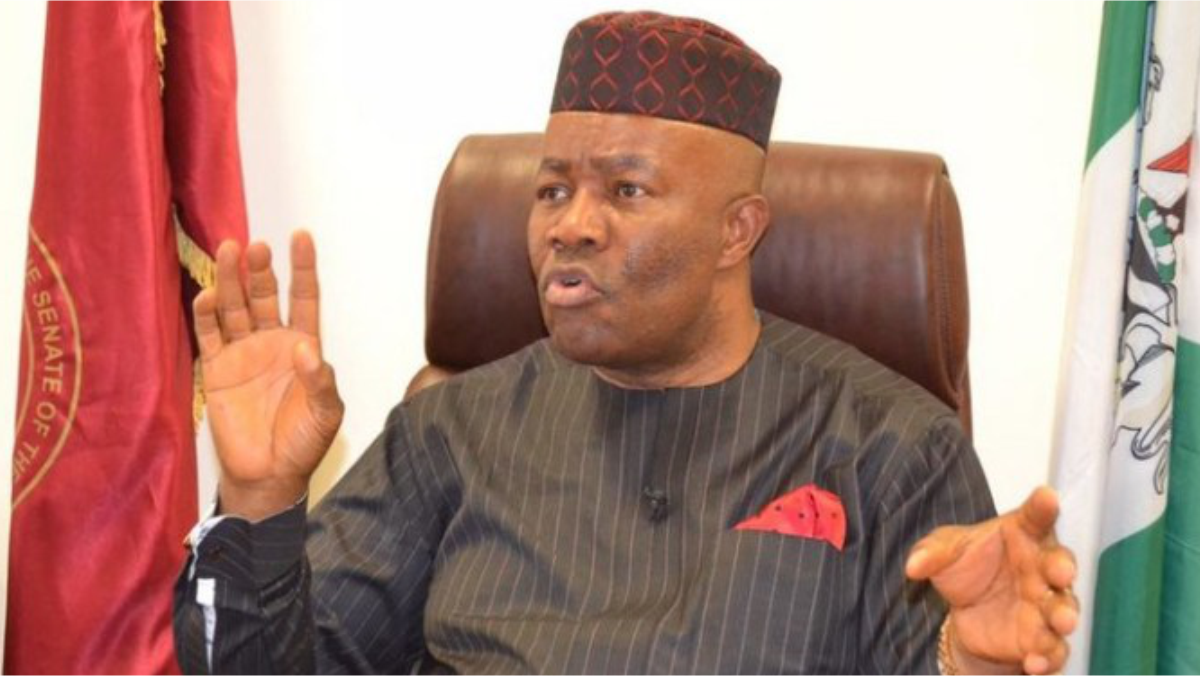

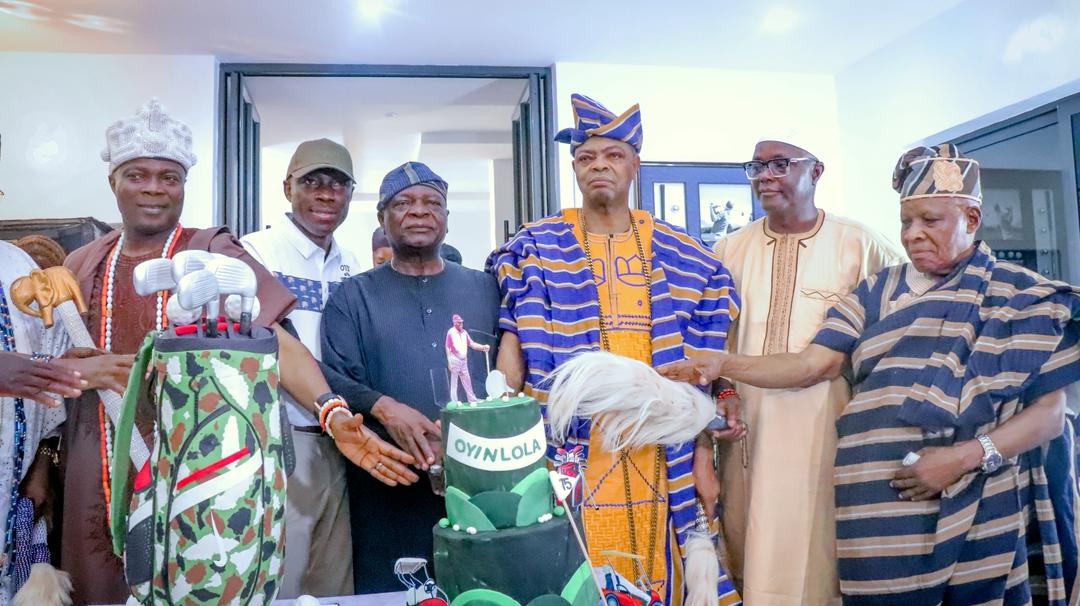
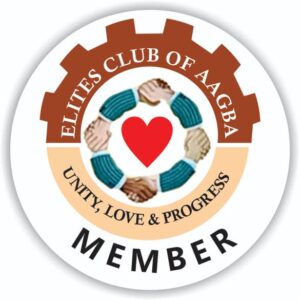
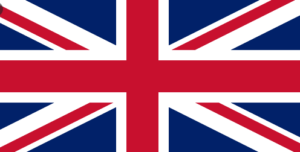




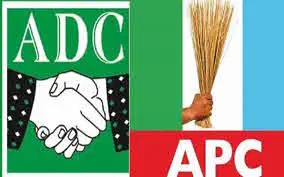



Post Comment